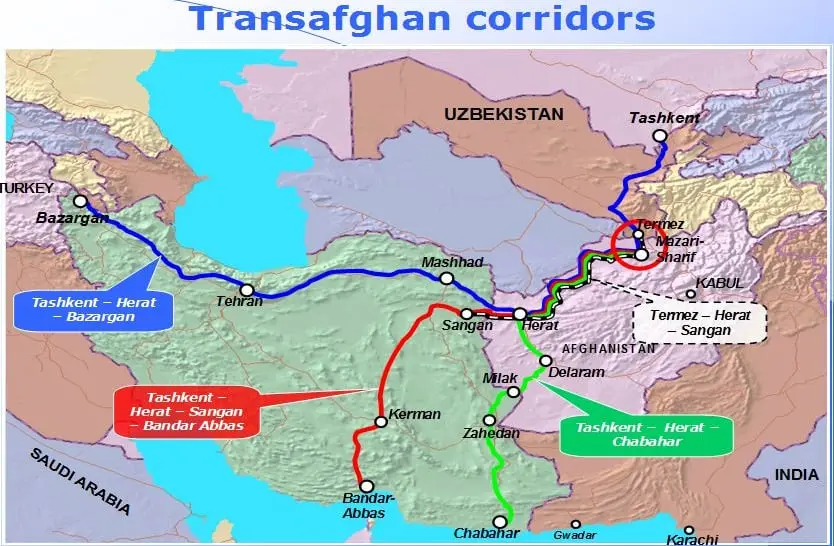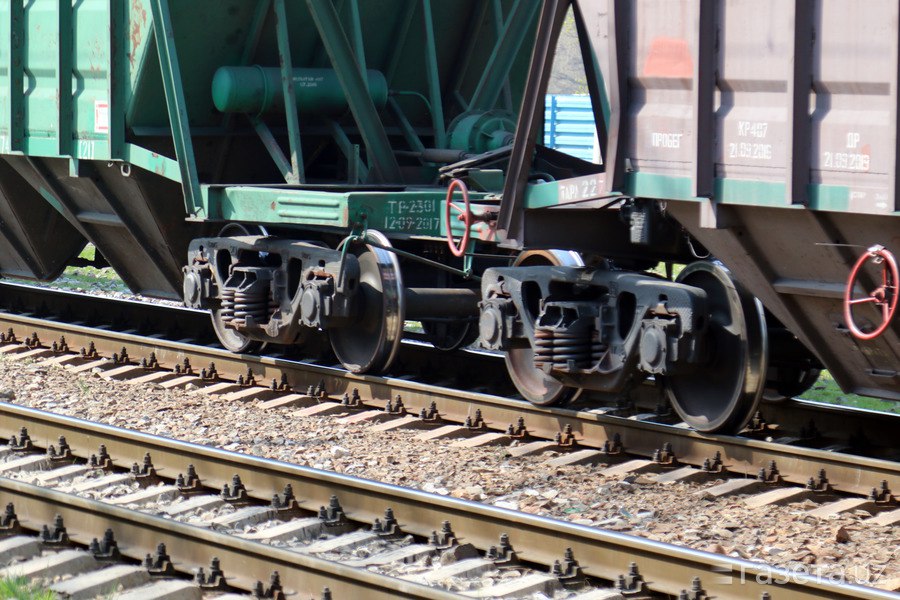During the Week of International Partnership Initiatives in Tashkent, Transport Minister Ilhom Mahkamov announced that a complete agreement has been reached for the construction of the Trans-Afghan railway. This project aims to enhance regional connectivity and trade by linking Central Asia with key seaports in Pakistan. In an interview with a Daryo reporter, Mahkamov emphasized the scale and complexity of the Trans-Afghan railway, particularly the challenges posed by Afghanistan's terrain.

"The Trans-Afghan railway is an extremely large project. Its complexity lies in the territory of Afghanistan. However, our honorable president will be the main initiator of this project," he stated.
Mahkamov revealed that Uzbekistan has already engaged in discussions with multiple countries to implement the project and is currently developing its technical and economic foundations.
"I believe that the foundation stone for this project will be laid in 2025. Given the complexities involved, the construction will take at least five years," he added.
The Trans-Afghan railway project, encompassing the route from Termiz to Mazari Sharif, Kabul, and Peshawar, represents a critical step towards facilitating trade for Central Asian nations. Once operational, the railway is expected to reduce transit times for cargo transport from Pakistan to Uzbekistan, decreasing the duration from 35 days to just 3-5 days. Additionally, transportation costs for standard containers are projected to drop by nearly three times, with freight volumes potentially reaching up to 10mn tons annually.
The proposed railway line will extend approximately 647 kilometers from Mazari Sharif to Torkham, ultimately connecting to Karachi port via Peshawar and Rohri. The overall project cost is estimated at $6.9bn.

Despite its potential benefits, analysts from Eurasian Development Bank point out hurdles that may impede the project's progress, including Afghanistan's challenging mountainous terrain, unresolved Afghanistan-Pakistan cooperation issues, and the need to upgrade Pakistan's railway infrastructure to accommodate increased traffic.
Furthermore, the ongoing instability in Afghanistan, marked by the presence of various armed groups, raises security concerns for transport and infrastructure projects. The political climate could also complicate long-term project implementation and international cooperation.
Nevertheless, experts agree that the Trans-Afghan Corridor is a strategically vital initiative for Uzbekistan, with the capacity to foster regional integration and economic development significantly.
Follow Daryo's official Instagram and Twitter pages to keep current on world news.
Comments (0)